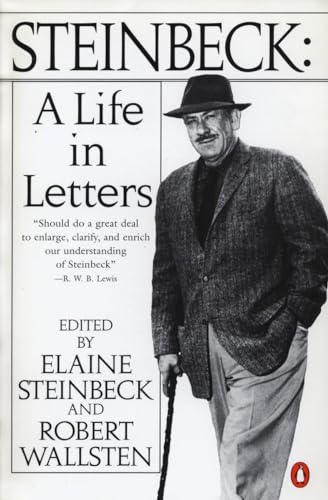Come
boating with us,
tomorrow, she implored
I, by my nature, am not a water baby, but
decide I need to stretch my spontaneity
Ever cautious and wanting to sleep on it
by morning I call to say: sounds like a grand idea!
tomorrow, she implored
I, by my nature, am not a water baby, but
decide I need to stretch my spontaneity
Ever cautious and wanting to sleep on it
by morning I call to say: sounds like a grand idea!
I
am instructed to bring a swim suit,
attire I have not worn in years
attire I have not worn in years
Digging
through a drawer, I find
an old black bikini botto
and supplement it with
a black, French-cut brassiere
I’ve found that nobody’s the wiser,
if you omit informing them.
an old black bikini botto
and supplement it with
a black, French-cut brassiere
I’ve found that nobody’s the wiser,
if you omit informing them.
As I drive in I see that
my friends Bob and Angie have\
a well-built vintage 19 foot wood boat,
and Angie’s little 9 foot blue kayak
attached tightly to the boat trailer
Glorious hot day in the nineties
Refreshing cool breeze on the Lewis River
which
is for the most part calm,
smooth
as an empty dinner platter
except for the occasional level 1-2 rapids
except for the occasional level 1-2 rapids
Angie
paddles along, exploring the bank
at her own pace, as Bob throws out a fish line
and casually trolls for a bite Bob and I chat
about politics and the economy
We slide easily through a length of rapids
at her own pace, as Bob throws out a fish line
and casually trolls for a bite Bob and I chat
about politics and the economy
We slide easily through a length of rapids
thinking
nothing of it
Then Angie offers me the kayak
and the adventuress in me burbles: Yes!
I should interject here and now:
First time in a kayak!
The first rapids go by okay as I get
my sea legs, by the second I am
almost cocky
It’s the third set, which increase to level 4
that are hell-bent on humbling me and indeed they do!
The consensus is that the wood boat
will
take the lead, as the water bucks high
about the time they struggle with a whirlpool
and holler: Back paddle! which I was trying to do
The kayak slams into the larger boat,
pulled down in the swirling cool water
my eyes open, it is crystalline and refreshing,
holding my breath instinctively,
there is no gasping or fear
I simply propel myself up and
grab a big root ball
about the time they struggle with a whirlpool
and holler: Back paddle! which I was trying to do
The kayak slams into the larger boat,
pulled down in the swirling cool water
my eyes open, it is crystalline and refreshing,
holding my breath instinctively,
there is no gasping or fear
I simply propel myself up and
grab a big root ball
The kayak, wedged into the root ball
is clearly stuck
Angie
yells at me to swim away
or the whirlpool will pull me down
The kayak paddle on one wrist
big straw hat in other hand
I kick, mightily
as the current sweeps me like a buoyant
leaf, downstream
or the whirlpool will pull me down
The kayak paddle on one wrist
big straw hat in other hand
I kick, mightily
as the current sweeps me like a buoyant
leaf, downstream
Kicking for all I am worth
I cover a football field’s length diagonally,
before my feet find the rocky bottom
So exhausted and grateful
for the loaned life vest
understanding in a heartbeat
how people’s lives are swallowed by rivers
Wading back to the island
I rejoin my friends
who are ready to abandon their kayak
saying: It is too dangerous
to retrieve
I hear myself say: We can at least try!
We try lassoing it, to no avail
Then a hero happens along
and wrestles it off the root ball
Joining him on the opposite shore,
Bob
gives the man $50 bucks
We notice he could use it
to replace his inflatable kayak that punctured
during the rescue
As we make our way back home
both Angie and Bob say:
You should have back-paddled!
I hold my piece, thinking:
Good Lord, it was my first time in
a kayak! I was barely getting the hang
of paddling forward!
I do feel responsible and
fork over my $50 emergency fund
to Bob to make amends
Angie says: I hope this doesn’t ruin
kayaking for you in the future.
I assure her that it will not
all the while thinking fondly of my bicycle…
We notice he could use it
to replace his inflatable kayak that punctured
during the rescue
As we make our way back home
both Angie and Bob say:
You should have back-paddled!
I hold my piece, thinking:
Good Lord, it was my first time in
a kayak! I was barely getting the hang
of paddling forward!
I do feel responsible and
fork over my $50 emergency fund
to Bob to make amends
Angie says: I hope this doesn’t ruin
kayaking for you in the future.
I assure her that it will not
all the while thinking fondly of my bicycle…
-summer
2011
